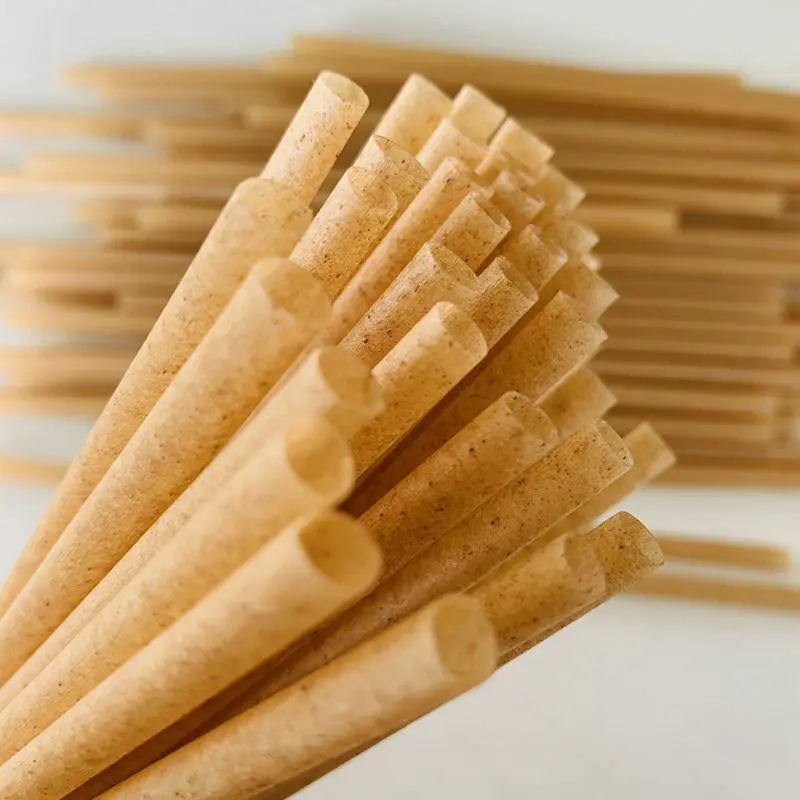From Sugarcane Product to Biofuels: The Versatile Uses of Sugarcane
From Sugarcane Product to Biofuels: The Versatile Uses of Sugarcane
Blog Article
Checking Out Sugarcane Products: Versatile Uses and Benefits
The expedition of sugarcane products reveals a remarkable selection of applications that expand well past the familiar world of sugar. As we examine the complex payments of sugarcane, one may question how these varied uses can improve markets and way of lives in a rapidly advancing world.
Overview of Sugarcane
Although sugarcane is usually linked mainly with sugar manufacturing, it is a flexible crop with an abundant background and numerous applications. Grown in tropical and subtropical areas, sugarcane thrives in warm climates and well-drained soils, contributing dramatically to lots of economic climates worldwide. This perennial turf, coming from the genus Saccharum, can expand to elevations of approximately 4 meters, showcasing its durable nature.
Beyond its main duty in sugar extraction, sugarcane serves as a vital source for various by-products. The coarse residue, understood as bagasse, is utilized for producing bioenergy and as a raw product for manufacturing paper and eco-friendly products. Furthermore, molasses, a byproduct of sugar refining, is rich in nutrients and commonly utilized in pet feed and fermentation procedures.
Sugarcane likewise plays a significant function in standard medications and social techniques in numerous areas, illustrating its importance past commercial use (sugarcane product). With the boosting emphasis on lasting agricultural methods, sugarcane is being explored for its capacity in biofuels and carbon capture, placing it as an essential player in the transition towards eco-friendly power resources. Therefore, the adaptability of sugarcane prolongs much past the boundaries of sugar production
Sugarcane in Food Products


Beyond sweeteners, sugarcane is the source of energy-rich items such as jaggery and panela, which are standard unrefined sugars made use of in numerous societies. These products not only sweeten foods yet also convey nutritional advantages and unique tastes.
Sugarcane juice, a rejuvenating drink enjoyed in several tropical areas, showcases the plant's flexibility. It is frequently eaten fresh or fermented right into alcoholic beverages like rum.
Furthermore, sugarcane fibers, recognized as bagasse, are in some cases used to develop food product packaging materials, stressing the ecological benefits of sugarcane handling. In general, sugarcane's payment to foodstuff is multifaceted, improving tastes, offering dietary value, and playing a substantial role in culinary traditions around the globe.
Industrial Applications of Sugarcane
In various industries, the adaptability of sugarcane expands far beyond its cooking applications. Sugarcane functions as a vital resources in the manufacturing of biofuels, particularly ethanol, which is progressively utilized as a renewable resource source. This biofuel is obtained through fermentation and distillation processes, offering a sustainable additional hints option to fossil gas and adding to a decrease in greenhouse gas emissions.

Furthermore, the sugarcane market has found applications in pharmaceuticals, where its elements are utilized in the formulation of various medical items. The natural substances removed from sugarcane show antioxidant and antimicrobial homes, improving the efficacy of particular medications.
Lastly, sugarcane is essential to the manufacturing of a series of chemicals, consisting of glycerol and organic acids, which are essential for numerous industrial processes. These applications highlight sugarcane's substantial duty in promoting industrial sustainability and innovation.
Ecological Advantages of Sugarcane
The multifaceted applications of sugarcane not just enhance industrial procedures but additionally add significantly to ecological sustainability. As an eco-friendly resource, sugarcane cultivation plays a crucial function in carbon sequestration, absorbing significant quantities of carbon dioxide from the environment. This process aids mitigate environment change by lowering greenhouse gas concentrations.
Moreover, sugarcane results, such as bagasse and molasses, supply environment-friendly choices to conventional products. Bagasse, the fibrous residue after juice removal, can be utilized as a biomass fuel, decreasing dependence on nonrenewable fuel sources and promoting cleaner power sources. Additionally, molasses can be transformed right into bioethanol, even more sustaining sustainable energy campaigns.
Sugarcane farming additionally promotes biodiversity and dirt health. Sustainable farming practices, such as intercropping and plant rotation, improve dirt fertility and reduce erosion. The plant's deep root system aids in water retention, thereby sustaining neighborhood ecosystems and enhancing resilience against drought.
Wellness Advantages of Sugarcane
Rich in all-natural sugars and crucial nutrients, sugarcane offers various wellness advantages that make it an important addition to a balanced diet plan. Its high fiber web content help in food digestion, advertising intestine wellness and stopping constipation. Additionally, sugarcane is a source of antioxidants, which fight oxidative tension and may decrease the danger of chronic diseases.
In addition, sugarcane juice is known for its hydrating buildings, making it a superb drink option, especially in hot climates. The natural sugars present in sugarcane provide a fast power increase, beneficial for professional athletes and those participated in exercises. It likewise includes crucial minerals and vitamins, such as vitamin C, calcium, potassium, and magnesium, which add to total health.
Studies recommend that sugarcane might help regulate blood sugar degrees, making it a more suitable sweetener for people with diabetes when eaten in moderation. Its anti-inflammatory homes can sustain liver health and wellness and help in cleansing.
Conclusion
In verdict, sugarcane emerges as an extremely functional crop with considerable payments to numerous industries. The byproducts of sugarcane, such as bagasse and molasses, facilitate environment-friendly techniques, while its wellness benefits enhance total health.
Although sugarcane is typically linked mainly with sugar production, it is a versatile crop with a rich background and More about the author many applications.Beyond its main role in sugar extraction, sugarcane serves as a crucial resource for numerous by-products. Largely known for producing sugar, sugarcane is transformed into granulated sugar, brownish sugar, and molasses, each offering unique cooking functions.Rich in natural sugars and necessary nutrients, sugarcane uses many wellness benefits that make it an important addition to a balanced diet. The all-natural sugars existing in sugarcane supply a fast energy boost, useful for professional athletes and those engaged in physical activities.
Report this page